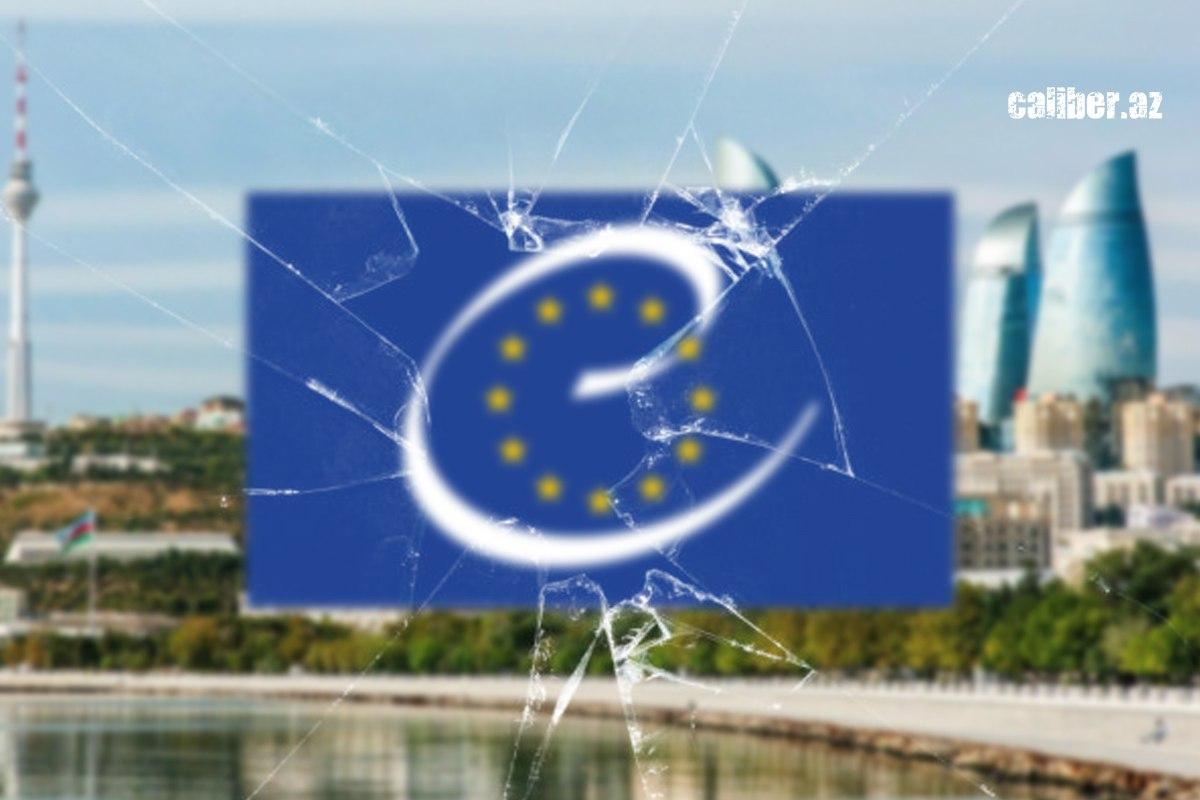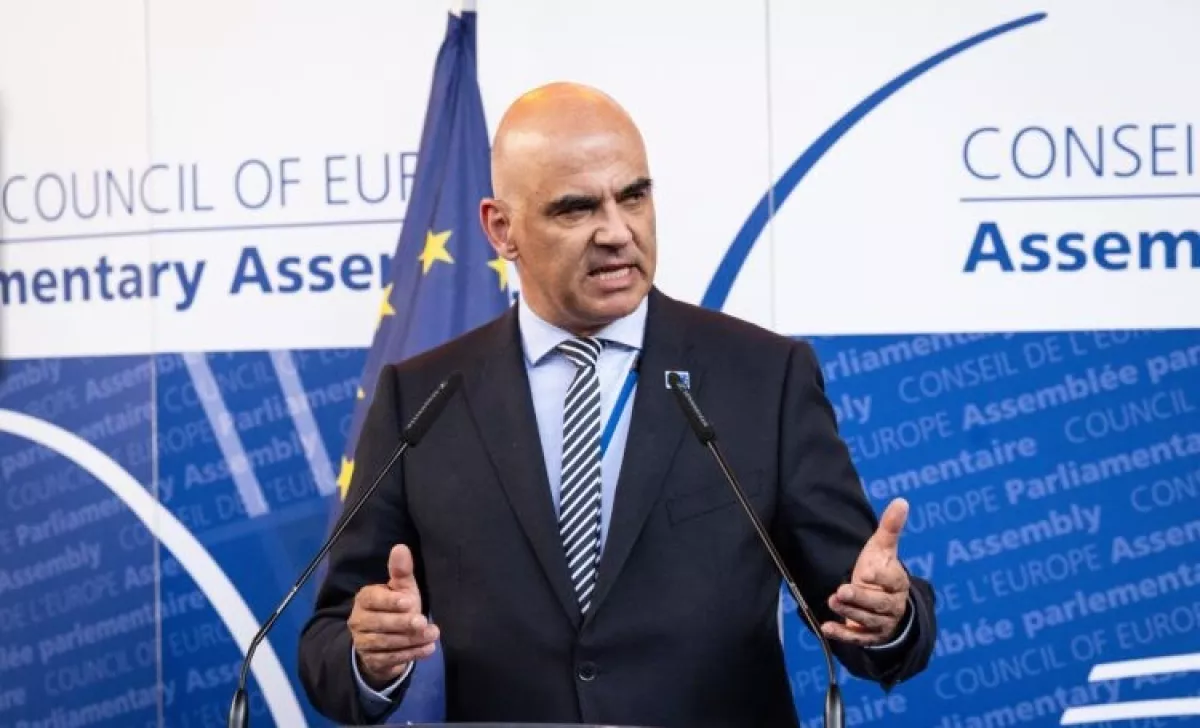Institute of noble friends The Council of Europe in mixed feelings
Relations between Baku and Brussels have recently shown signs of a thaw. This shift is largely due to growing recognition of Azerbaijan’s strategic role in key EU-linked global initiatives, as well as a change in leadership within EU institutions—namely, the arrival of European Council President António Costa and EU High Representative for Foreign Affairs Kaja Kallas.
However, some in Europe have found this state of affairs hard to stomach, and these forces are now rushing to throw a wrench into the cautiously accelerating train of EU-Azerbaijani cooperation. One such force—or rather, a group that considers itself a force—is the Council of Europe (CoE), whose Parliamentary Assembly (PACE) adopted a resolution in January 2024 to suspend the mandate of the Azerbaijani delegation.

Not long ago, the Secretary General of the Council of Europe, Alain Berset, gave an interview to well-known Armenian journalist Petros Ghazaryan. During the conversation, he also touched on the issue of a peaceful settlement between Azerbaijan and Armenia.
Before quoting the remarks of the Council of Europe’s top official, we cannot resist the urge to share the journalist’s question as well, as it is a striking example of the habit of mistaking wishful thinking for reality. “Recently, the Council of Europe, during a ministerial session, clearly called on both sides to immediately sign a peace agreement. How can this decision be enforced?” Ghazaryan asks—as if the Council of Europe were in any position to enforce anything at all in this world.
It is worth reminding the journalist that calls for Baku to urgently sign a peace agreement have also come from sources far more authoritative than the Council of Europe—such as the European Union and the White House. Yet even these prominent and powerful players on the global stage were unable to “ensure” that their appeals were met. The reason was simple: their demands conflicted with the legitimate requirements of Azerbaijan—a country that won the war and expelled the occupiers from its territory.
With that in mind, let us turn to the Secretary General’s response. While it may not mirror the journalist’s naïveté, it certainly continues the same shrug-of-the-shoulders approach, seemingly intended to give his position a veneer of swaggering authority. Here’s what he said, among other things:
“One of the risks is that this discussion may be very important in the Caucasus, but somewhat forgotten by the rest of the world. Our goal is to remind everyone of its significance, to continue promoting dialogue, and ultimately to reach a final point—by applying friendly pressure on Azerbaijan.”

Just think about it: “friendly pressure on Azerbaijan.” How much arrogance, baseless swagger, superficial snobbery, and sheer rhetorical bluster are packed into that one phrase! One might say that the less real power an institution holds, the louder and more aggressive its tone becomes.
It appears that, through this rather peculiar approach, the Council of Europe is pursuing two goals. The first—simply put, or to borrow a phrase better suited to the institution’s usual conduct—is to blatantly undermine Brussels. In other words, to toss a spoonful of tar into the modest barrel of honey that symbolises the cautious rapprochement between the EU and Azerbaijan.
The second objective, ironically, runs counter to the first. Having noticed some momentum in the relationship between Brussels and Baku, Strasbourg seemingly decided not to be left behind and, in its own rather childish way, muttered something crude that, in reality, amounts to a desire for reconciliation. The key word in Berset’s clumsy pun is “friendly.” Strasbourg wants a reset, and, not seeing a response from Baku, behaves like an offended, melodramatic lady—resorting to rudeness.
We appreciate the theatrical pose struck by this noble institution, but we must inform it: this is not how diplomacy works. What might be acceptable in personal relationships does not always translate well into politics. If you now realise the folly of stripping Azerbaijani MPs of their PACE mandate, there is only one proper course of action—approach Baku with a candid acknowledgement of that mistake.








